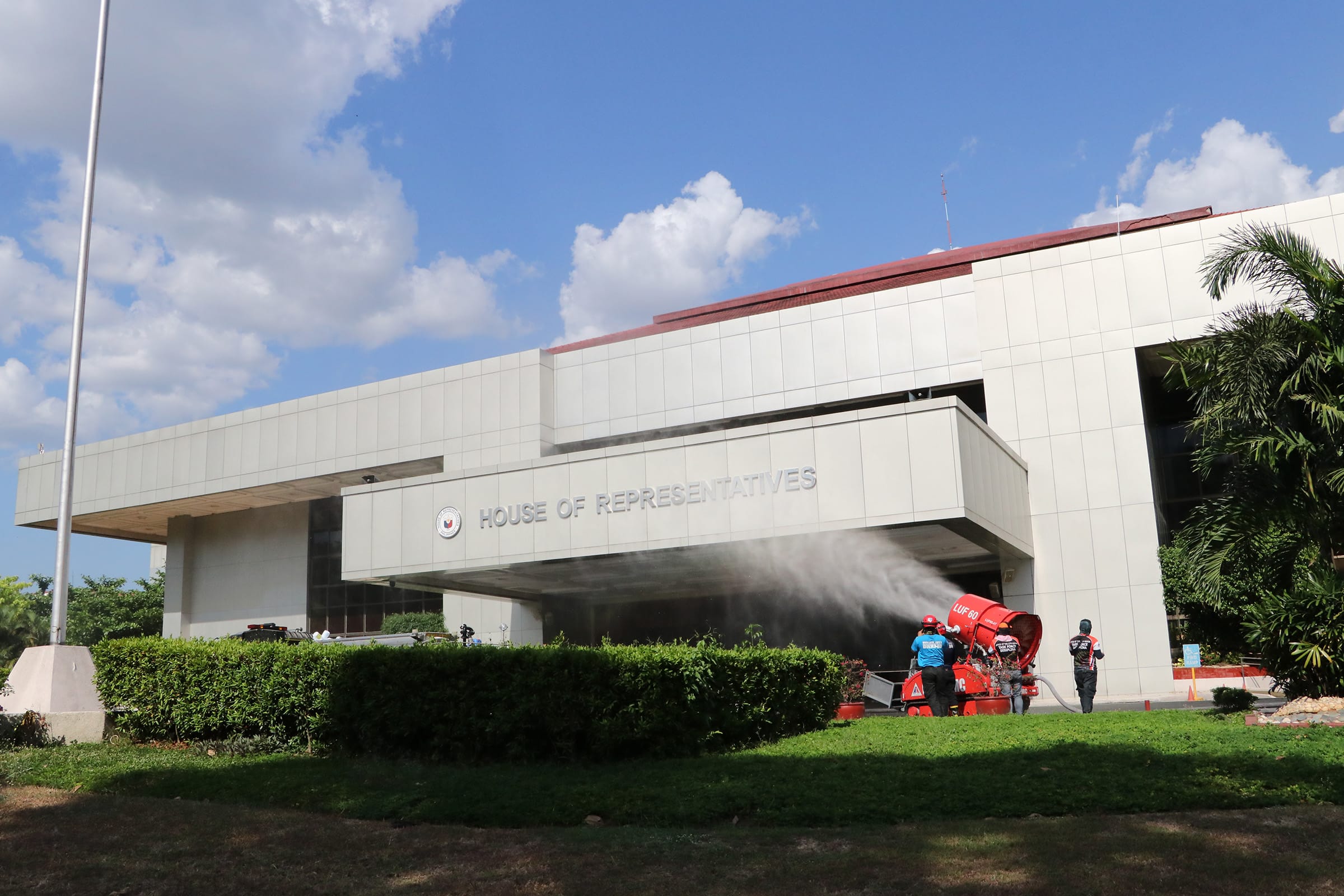MANILA, Philippines – A bill has been filed at the House of Representatives, urging the appropriate panel to investigate the clandestine trade of human organs after the recent arrest of three individuals allegedly involved in the sale of kidneys in Bulacan.
AGRI Party-list Rep. Wilbert Lee filed House Bill (HB) 1803 on Thursday afternoon, seeking a crackdown on the illegal sale of human organs, as well as the strict implementation of existing laws to avoid risk to public health and safety.
“Many kidney donors, particularly those from vulnerable communities, such as slums, are often unaware of the risks and side effects of the operation,” Lee said in a news release Friday.
“Sinasamantala ng mga ganitong modus ang mahihirap nating kababayan, lalo na ang mga gipit at desperado, nang kumita para may pantustos sa pangangailangan ng pamilya (This modus operandi takes advantage of our poor countrymen, especially the needy and desperate, to make money to support the needs of their family),” he said.
He also expressed alarm over the alleged involvement of medical practitioners in the illicit practice.
Lee pointed out that the illegal practice of selling kidneys and other internal organs targets poor Filipinos and goes against existing laws, specifically the Organ Donation Act of 1991 and the Expanded Anti-Trafficking in Persons Act of 2012.
He said the Bulacan operation, where nine rescued victims were reportedly lured with a payment of P200,000 in exchange for their kidneys, may only be the tip of the iceberg.
The World Health Organization (WHO), he noted, has identified the Philippines as one of the global hotspots for organ trafficking, along with India, Pakistan, China, Egypt, and Colombia.
Lee said the issue needs a thorough investigation to crack down on such exploitative trade and protect the well-being and safety of the general public.
Government policies on organ donation should be reviewed to prevent these risky and illicit transactions, he added.
